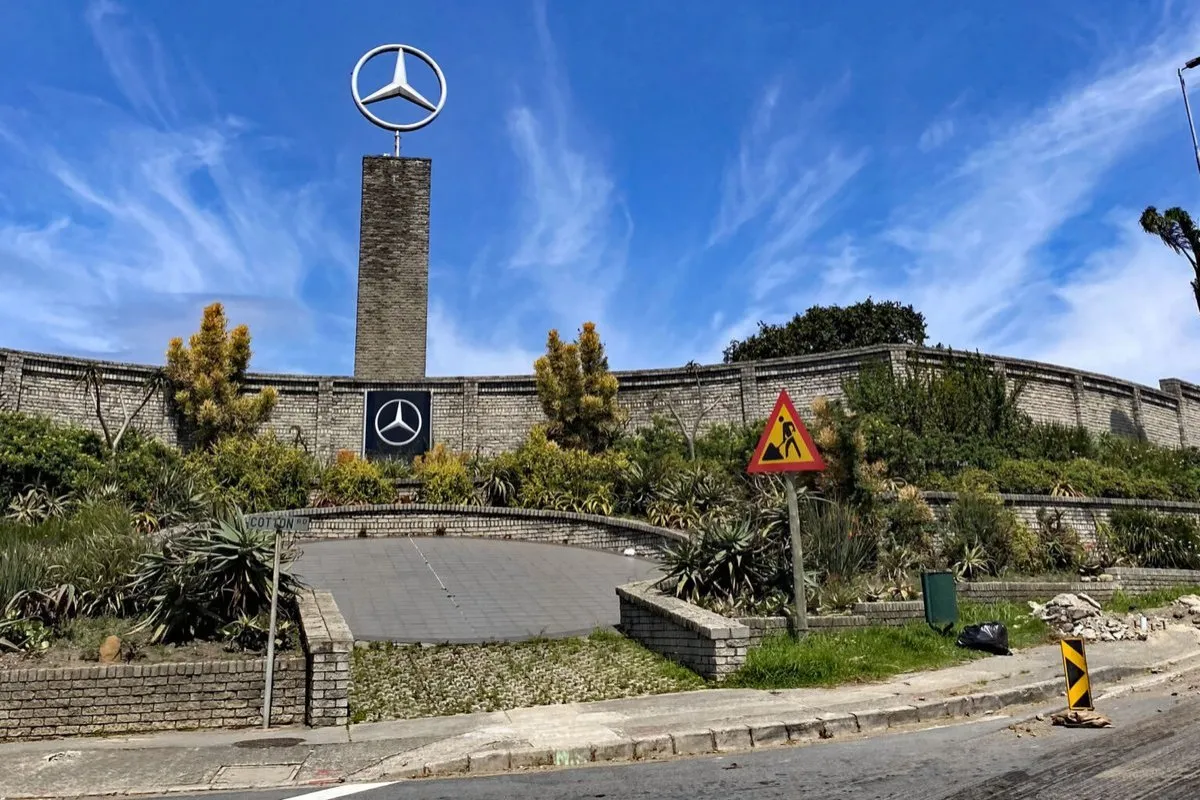
Mercedes exit could turn East London into a ‘ghost town’
East London’s economy could collapse if Mercedes-Benz South Africa (MBSA) fails to withstand the new US import tariffs.

Industry leaders have warned that East London could become a ‘ghost town’ if its main industry closes.
Naamsa CEO Mikel Mabasa told delegates at the DealerCon summit in Sandton this week that the Eastern Cape city relies heavily on the German carmaker.
For many years, Mercedes-Benz has built both right- and left-hand versions of the C-class sedan at its East London assembly plant.
Mercedes-Benz the ‘anchor’ of East London economy
With the US levying a 30% duty on South African vehicle exports, shipments to that market have slowed dramatically.
“The Mercedes-Benz plant is the anchor of East London’s economy,” Mabasa cautioned.
“If it grinds to a halt, the city risks being reduced to a ghost town.”
Mabasa stressed the industry’s resilience but pointed out that MBSA faces unique exposure because other local automakers have diversified away from the US.
For instance, BMW has broadened its market and no longer exports significant volumes from South Africa.
Job losses in the Eastern Cape
The warning comes as the province’s manufacturing sector faces mounting pressure.
Ford recently cut 470 jobs, while tyre giant Goodyear closed its Nelson Mandela Bay plant, leaving more than 900 workers affected.
Trade Minister Parks Tau is in Washington this week, seeking relief from tariffs linked to campaign pledges by US President Donald Trump.
Mabasa voiced hope that negotiations could deliver a reprieve before the African Growth and Opportunity Act (Agoa) expires at the end of September.
In the meantime, Naamsa and MBSA are pursuing new export markets, especially within Africa, to reduce dependence on the US.
“Diversification is essential if we want to safeguard jobs and the survival of towns like East London,” Mabasa added.
